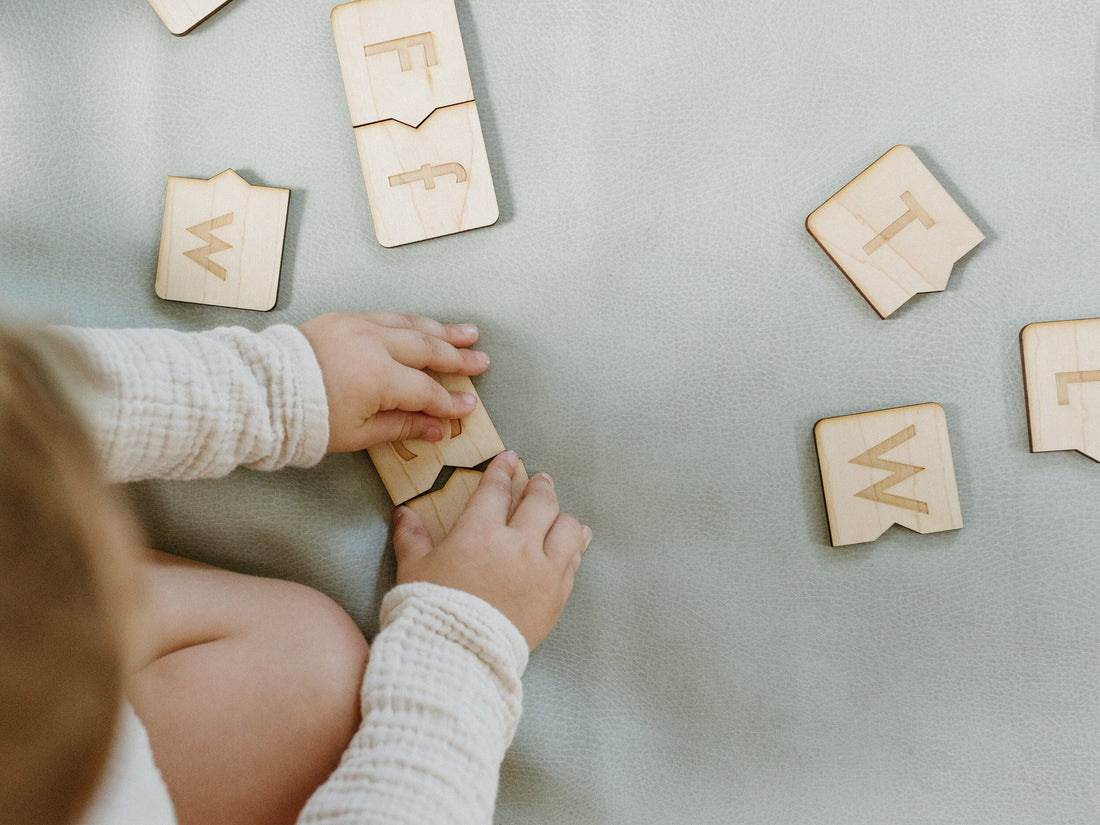As a teacher, I've witnessed a concerning trend among young children entering kindergarten. More and more kids are struggling with basic fine motor skills that are essential for their success in both school and play. It's disheartening to see children unable to turn the pages of a book, hold scissors, or even manipulate play dough. These fundamental skills are crucial for their overall development and should not be overlooked.
Why are fine motor skills important?
Fine motor skills involve the coordination of small muscles in the hands and fingers, enabling children to perform tasks that require precision and control. These skills are not only necessary for academic success but also for everyday activities such as dressing, eating, and writing. When children have well-developed fine motor skills, they can confidently explore their environment and engage in various learning experiences.
How do fine motor skills impact learning?
Developing fine motor skills is closely linked to cognitive development. When children have the ability to manipulate objects and perform intricate movements, it enhances their problem-solving skills, hand-eye coordination, and spatial awareness. These skills lay the foundation for future academic achievements, particularly in subjects like math and science that require precise hand movements and visual-motor integration.
The role of play in developing fine motor skills
Play is a powerful tool for promoting the development of fine motor skills. Activities such as building with blocks, threading beads, and playing with puzzles help children refine their hand movements and strengthen their hand muscles. By engaging in hands-on play, children not only enhance their fine motor skills but also develop creativity, problem-solving abilities, and social skills.
How can parents and educators support fine motor skill development?
There are several simple yet effective strategies that parents and educators can implement to support the development of fine motor skills:
- Provide opportunities for open-ended play that encourages children to use their hands and fingers in various ways.
- Offer a wide range of materials such as play dough, clay, and art supplies to promote exploration and creativity.
- Encourage activities that involve manipulating small objects, such as picking up beads or sorting buttons.
- Practice activities that strengthen hand muscles, such as squeezing a stress ball or using tongs to pick up objects.
- Engage in activities that promote hand-eye coordination, such as throwing and catching a ball or playing with building blocks.
By incorporating these strategies into daily routines, parents and educators can help children develop the fine motor skills necessary for success in school and play.
Fine Motor Faves at Lindquist Lane
It is crucial to prioritize the development of fine motor skills in young children. These skills not only enable them to perform everyday tasks but also lay the foundation for academic success. By providing ample opportunities for hands-on play and implementing simple strategies, parents and educators can support children in developing the fine motor skills they need to thrive.




